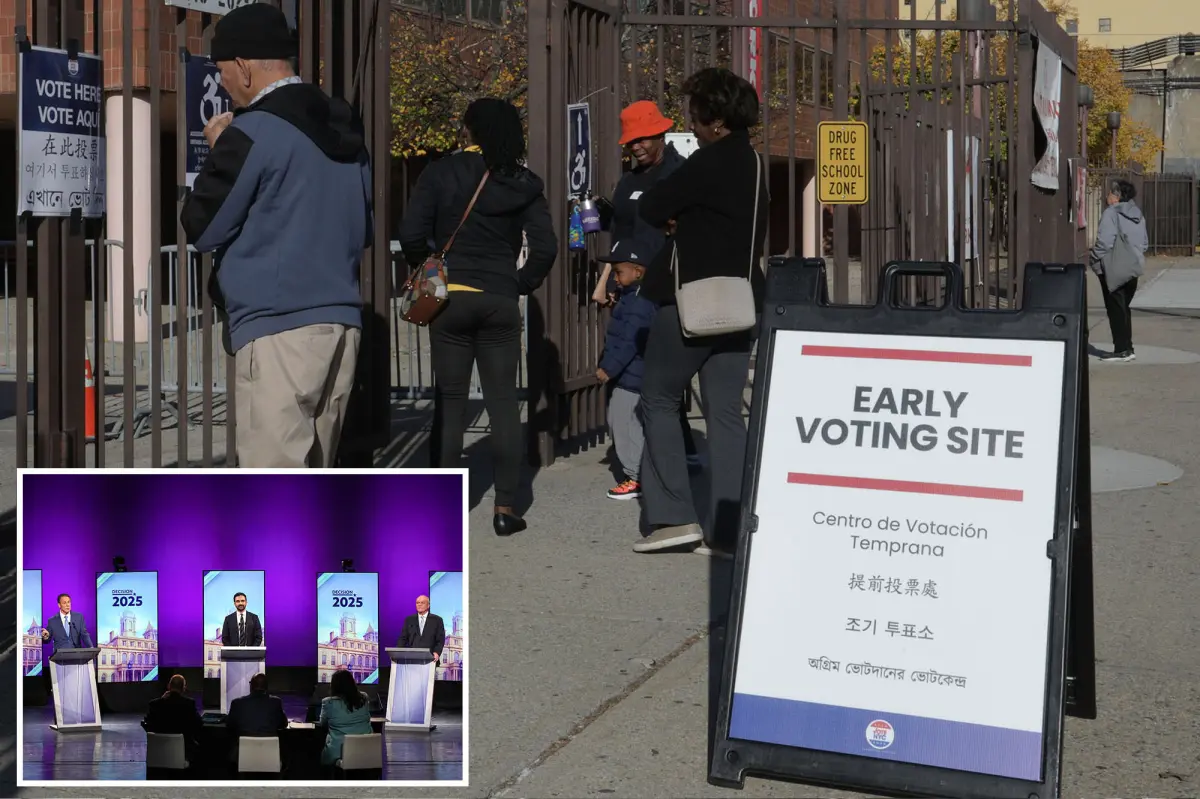Copyright truthout

A district court judge in southwest Nebraska will let the state move forward with Gov. Jim Pillen’s plans to convert a state prison into a detention center for migrants facing deportation proceedings. Red Willow County District Judge Patrick Heng, in a 17-page ruling Monday, ruled that Pillen and Rob Jeffreys, director of the Nebraska Department of Correctional Services, did not violate the Nebraska Constitution or state law by entering into a Sept. 30 contract with U.S. Immigration and Customs Enforcement to convert the state’s Work Ethic Camp in McCook into a regional ICE detention center. ICE certified the facility last week, Pillen announced Thursday. State and federal officials have said they expect to house the first detainees by the end of this week. A hearing on the motion was held Friday, and the lawsuit will continue. “It is clear that the current situation with the department and ICE detainees was never contemplated when the statutes were created, but the language utilized by the Legislature is broad enough to allow the defendants to take the action they have chosen,” Heng wrote. Pillen and federal officials announced the Nebraska-ICE partnership Aug. 19. Jeffreys signed the contract on Sept. 30, which was released to the public Oct. 17, two days after the lawsuit was filed. A spokesperson for the Attorney General’s Office referred questions to the Governor’s Office, and Pillen’s office had no immediate comment. Nebraska Appleseed attorneys who filed the lawsuit Oct. 15 on behalf of 13 McCook residents and former State Sen. DiAnna Schimek of Lincoln, expressed disappointment that the court did not stop the changes. In a statement, Robert McEwen, Appleseed’s legal director, said he was pleased that Heng had let the case keep moving forward. “The case will carry forward from here, and we will continue to represent the interests of our clients in halting the activities of the defendants as they relate to the large-scale detainment camp in McCook.” Schimek was one of the original lawmakers who authorized the creation of the state’s Work Ethic Camp in 1997. It opened in 2001. She and the taxpayers argued Pillen and Jeffreys were trying to “usurp” legislative authority by converting the McCook facility’s legislatively directed usage without first receiving legislative approval. Heng overruled a state motion to dismiss the lawsuit — saying the taxpayers had a legal right to challenge the matter — but he denied a request to pause the state-federal partnership. Heng also ruled that the McCook residents and Schimek had met their burden of having the standing to sue, even as state attorneys for Pillen and Jeffreys had argued others might be better suited to challenge the action, such as the Legislature, displaced state inmates from the McCook facility or future federal detainees, he said the McCook residents and Schimek had met their burden. In denying the request for a temporary injunction, Heng pointed to the Nebraska Constitution’s requirement that the “general management, control and government” of all state penal institutions is done by the Legislature. His major question was whether the Legislature had delegated that authority. “The answer is obviously, ‘yes,’” Heng wrote. He pointed to the creation of the Nebraska Department of Correctional Services and the authority of the governor to appoint a director, who then has general oversight of corrections oversight. Heng also ruled that Pillen and the executive branch have broad authority to enter contracts with the federal government. “When the Legislature delegates authority, it may place such restrictions and limitations on that authority it chooses,” Heng continued. “It has not done so here.” To pause the Nebraska-ICE deal, Heng said the 14 taxpayers would have needed to show “irreparable harm,” probable success of succeeding on the merits and a balance of hardships in favor of the taxpayers over the government. Heng wrote that he was not yet convinced the plaintiffs were likely to succeed. Heng also ruled that Nebraska law broadly gives the state the authority to house anyone “committed” to the Corrections Department, including federal detainees. Heng said that while state law requires a work ethic camp, it doesn’t require one in McCook or Red Willow County. He said the location is a decision left to the corrections director, who has signed a sworn statement saying the rehabilitation offerings at the former McCook facility would be available at other state facilities. “If there is not such a facility for qualified inmates,” Heng said, “that is not the subject matter of this lawsuit.” Nebraska Examiner editor-in-chief Aaron Sanderford contributed to this report.



